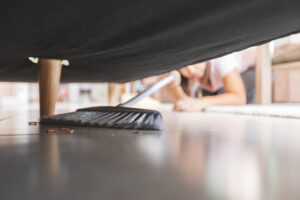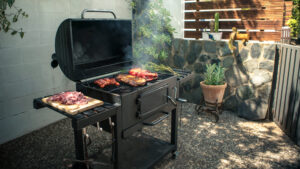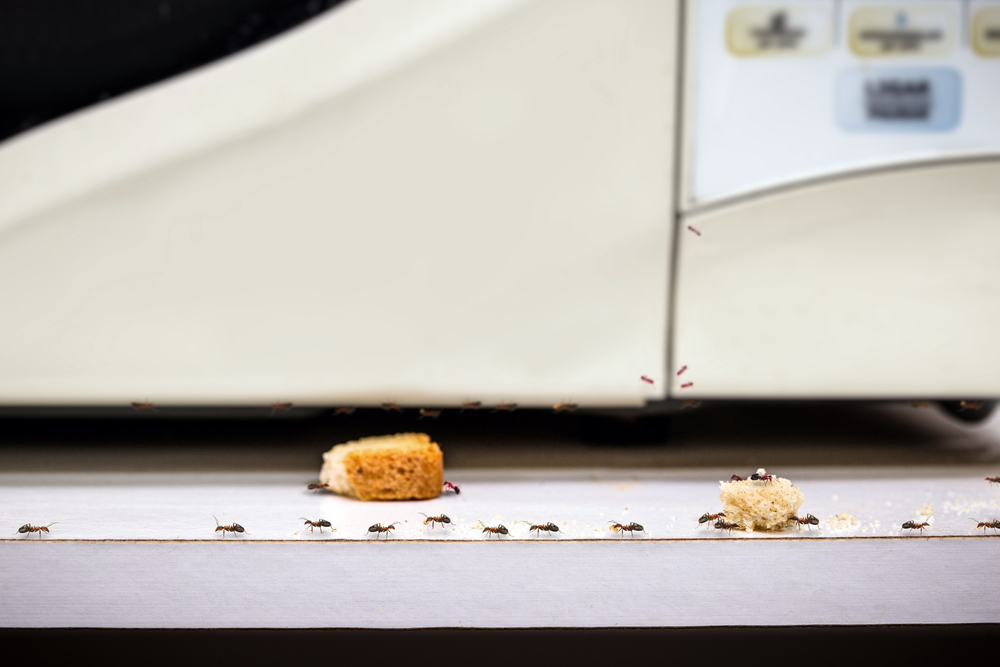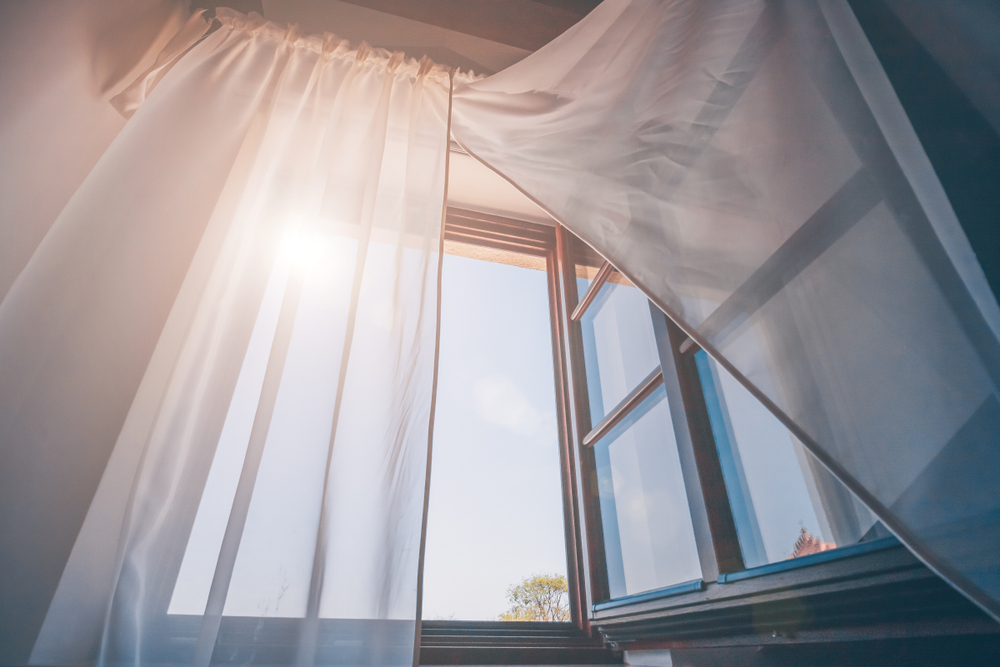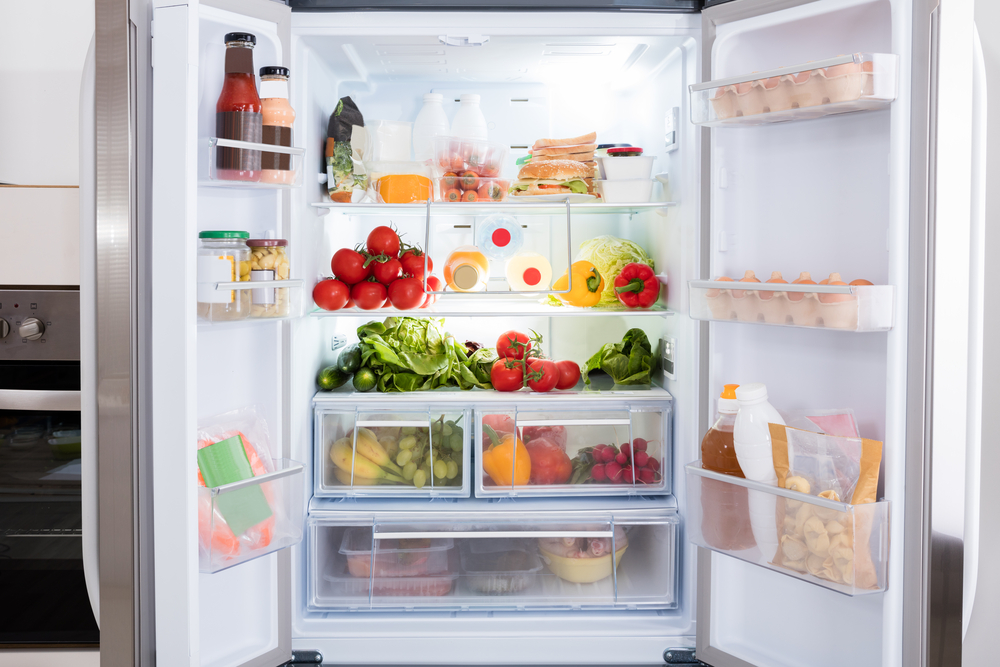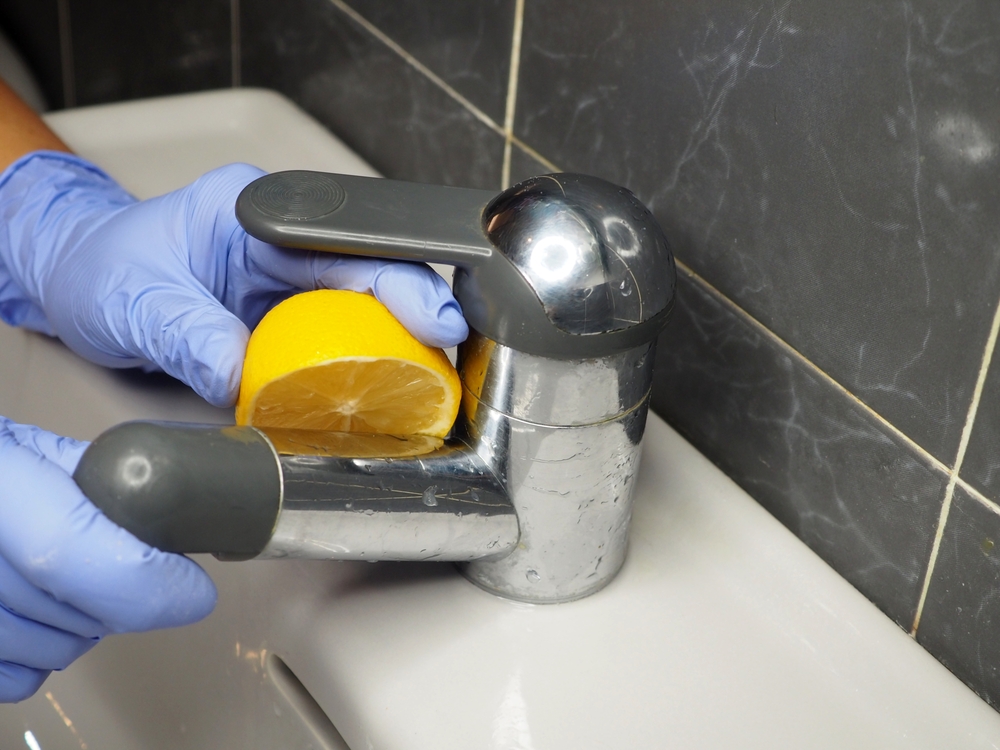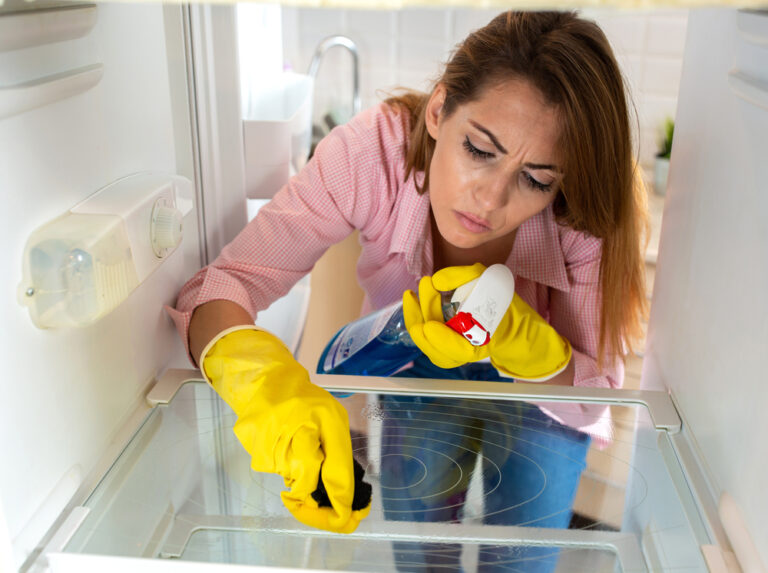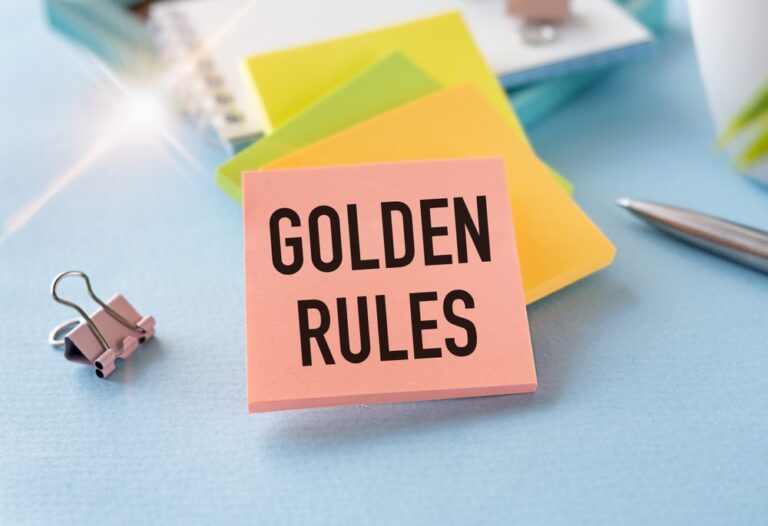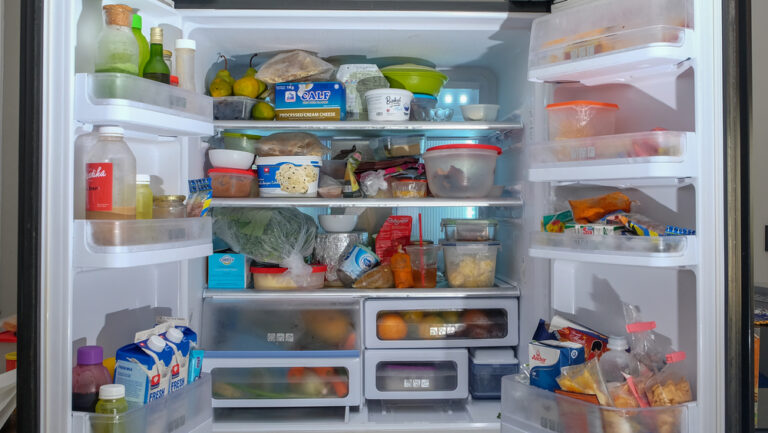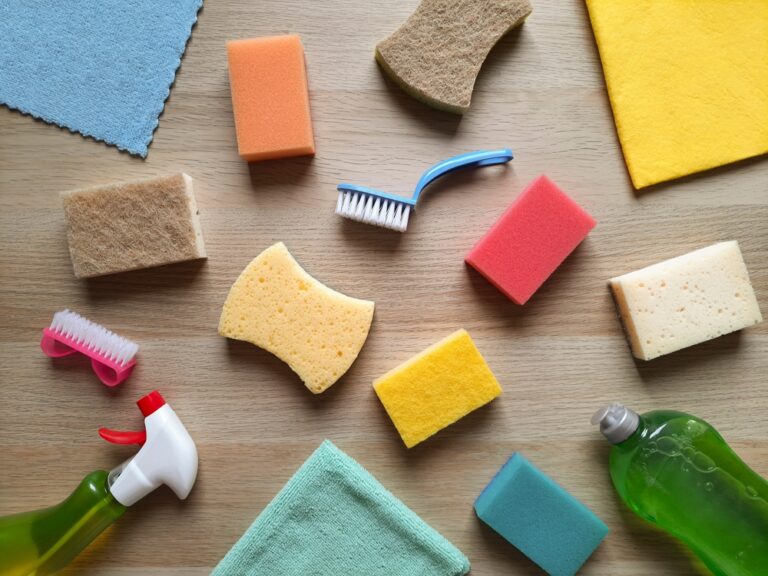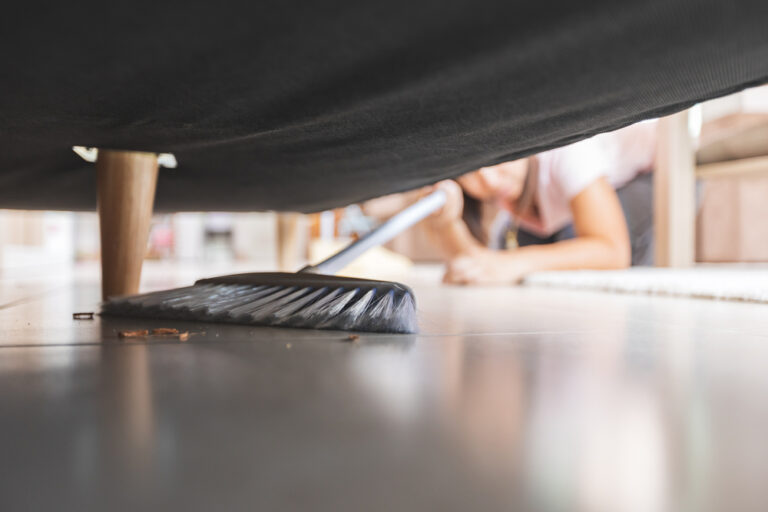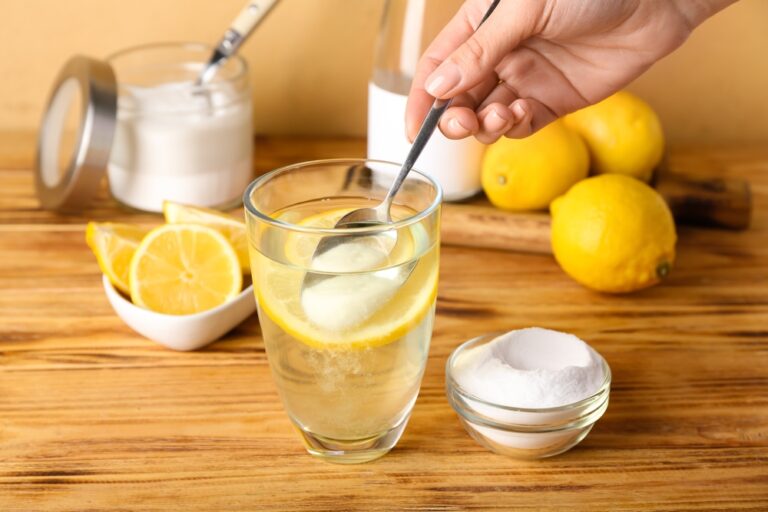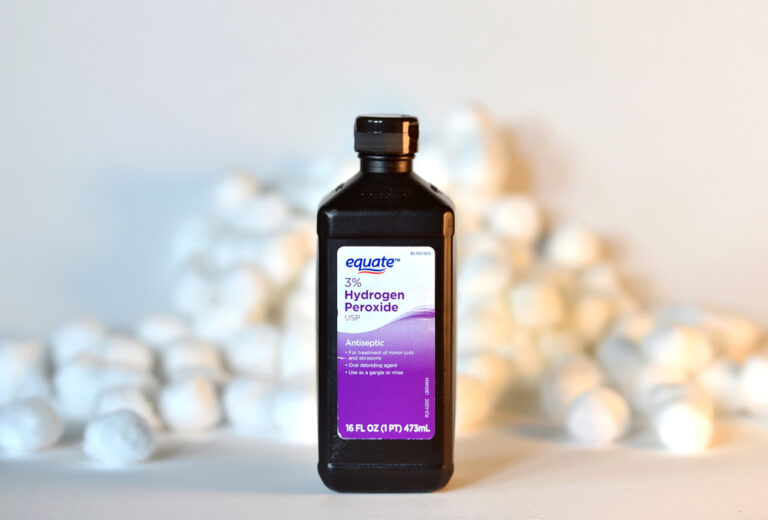Increasing temperatures, school graduations, and pool openings are all signs that the summer season is here. For many home cooks, this also means it’s grilling season. However, if your trusty grill spent the winter hibernating, you might want to give it a thorough refresh before putting it to work.
We also consulted a group of professional chefs, pitmasters, and cleaning experts to find and enlist some of the best ways you can try to clean your grill, and the things we discovered are truly genius. As a matter of fact, we’re also excited to try them ourselves, so have a look and let us know if you find them useful.
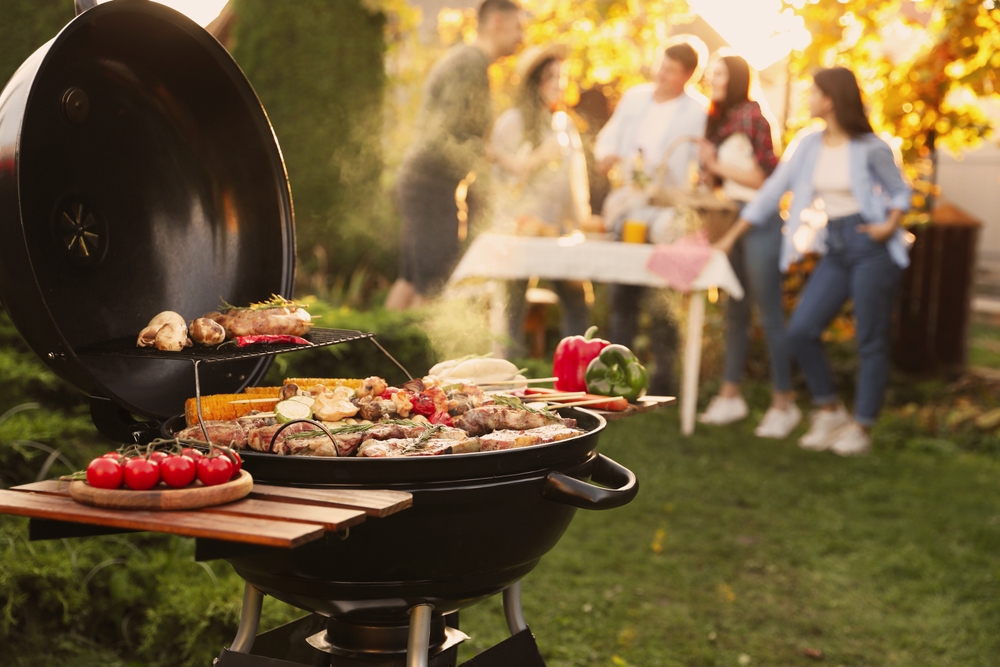
The equipment needed for proper grill cleaning
First, you need to get yourself a grill brush, some hot water, dish soap, aluminum foil, vinegar, baking soda, vegetable oil, nonstick spray, and a vacuum.
Now, let’s deep-clean the grill.
Preheat it.
According to Cendric News, the owner of Shell Shock’d Tacos in Detroit, Michigan, the first and most important step you can take before beginning your grill-cleaning process is to turn on said grill and allow it to preheat, which “would help burn off any residual grease or food stuck on the grates.”
Andrew also recommended preheating both sides of the grates for 30 minutes each. Or, you might wait until you see that all the grease has burned and you no longer see smoke coming from the grates. This is also when you will know that this step is fully completed.
Take apart the removable pieces.
Grills can be easily cleaned and fully assembled, but if you’re aiming for maximum precision, Andrew would advise you to “let the grill cool off completely, then begin to dismantle the grill.” Then, you need to know that breaking down the grill would also require disconnecting all the removable parts and getting them up and going for further cleaning.
Another super perk of this step is that it will allow you to “check for any repairs or additional maintenance, like clogged burners or defective burner tubes that could be causing small flame sizes while you cook.
Use a grill brush or aluminum foil to scrub down the grates, walls, and even the lid.
Removing all that residue from the grill grates is very important, especially when it comes to quality grilling experiences throughout the season. However, our experts would warn against stopping with the grates alone.
General maintenance on any type of grill or smoker should also include a rapid refresh inside the cooking chamber. This can be easily accomplished by tearing off an 18″-long piece of aluminum foil and even crumpling it.
Then you can use that crumpled foil like a scrubbie to remove the loose debris from inside the lid and cooking chamber walls, as well as the grates. Or, if you’re open to other alternatives, a grill brush can also prove to be quite effective when it comes to scraping debris away from your grill grates.
However, it’s important to look at your style, especially when selecting a brush. Why? Because it’s not one-size-fits-all. For instance, if your grill has straight grates, a rigid bristle brush might work very well for cleaning, but if you have diamond grates, you will have a hard time with that brush.
That’s why we think a brush with softer bristles might work much better. Extremely persistent chunks of burnt food could require some extra force, and in such cases, “a cheap putty knife is definitely a great tool for cleaning”! Do you want the best grill brush you can find? Check this one out!
Mix up the solution of dish soap and water to fully remove stubborn bits of grease and residue.
If you notice some heavy stains and smears of food or grease on the grates or on the inside walls of the grill, you should make your own cleaning solution with warm water and dish soap. Then, you can scrub again with the grill brush and aluminum foil. You only have to make sure you rinse thoroughly afterwards, so you can fully avoid any soapy residue on your next cookout.
Vacuum the bottom of the grill to pick up stray pieces of food and debris.
Taking a vacuum cleaner to your grill might not be your very first grill-cleaning instinct, at least not at first. However, trust me, it’s a smart move. Over the grilling season, food and drippings can easily fall to the bottom, and they could create burned flavors that you don’t really want in your food.
So try to get an outdoor vacuum and use it to clean up all those food leftovers that have been dropped there. If you’re using a pellet grill, a ShopVac, or any other similar type of vacuum, you can also use it to clean out the pellet hopper. It’s highly efficient!
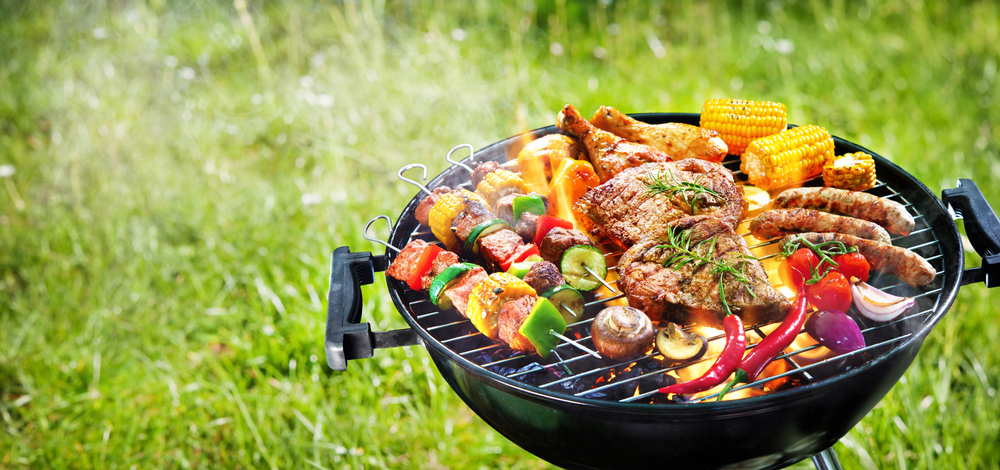
Remove all the rusty stains and polish your stainless steel exterior with white vinegar.
And since most outdoor grills are left outdoors and at the mercy of the elements, rust can easily become a problem, especially on stainless steel models. To clean up all that rust, what you want is to use a mixture of 2 parts vinegar and 1 part baking soda.
You can make a paste, brush it on, and then let it sit for 20 to 30 minutes. Then, you carefully hose it down and scrub it the rusty way with a wire brush. Moreover, white vinegar can be used as an incredibly useful tool for shining up a dull stainless steel exterior. If you have a stainless steel grill, simply put roughly 2 ounces of vinegar on a damp towel to shine and polish the grill for the best, most professional finish.
Reassemble the pieces, then preheat the grill again.
As soon as you have cleaned the grill to your standards, return the grates and all the other pieces to their proper places. If you want to remove any remaining foreign contaminants and to make sure that all parts of the grill function as they should, preheat the grill for 20 minutes. As soon as you’ve successfully heated it again, your cleaning process will be complete.
Season the grate (but only if you want to).
Grate seasoning is seen as a controversial topic in many grilling circles. Some say that this is the process meant to prevent food from sticking to the grates during the cooking process, while others would prefer to use oil-based marinades on the food itself to reduce stickiness.
Well, if you do decide to season the grates, rub the grate down with a rag and vegetable oil. Moreover, the easiest way to season grill grates is by using a nonstick spray like PAM. The safest way in which you can do that is when the grill is not lit, but it’s way more fun to apply with the fire burning, especially if you’re feeling like a real pit boss.
The nonstick spray is very flammable, so when you start applying, that can work like a mini flamethrower. It’s a lot of fun!
How to keep the grill clean throughout the season
Keep the grill running for a while after you cook the burnt-off excess marinade and juices.
Knowing how to maintain your grill once the cookout season starts calls for a couple of easy-to-follow steps. First, let your grill run for a bit after cooking. This way, the cooking will be much easier, especially if you’ve just grilled something with a marinade. Letting that marinade carbonize will definitely be more efficient than trying to clean it up while it still has some life left in it.
Clean the grates after every single cook, using a brush, onion, and lemon.
It could be tempting to skip the post-grilling cleanup for your grates. However, regular maintenance should also include cleaning your grates after every cook. I like to clean the grill after each and every use, right after I remove the meat from the grates.
You can also accomplish good results by cranking up the heat to high. This way, you will get rid of most of it for yourself. Anything that’s left can also be easily removed with a grill brush, a wire bristle brush, and even a soft bristle brush. If you don’t have any of those, wad up some aluminum foil and wipe the grill grates down with that.
If you want to read similar articles, we also recommend checking: 6 Simple Hacks to Purify Your Indoor Air

